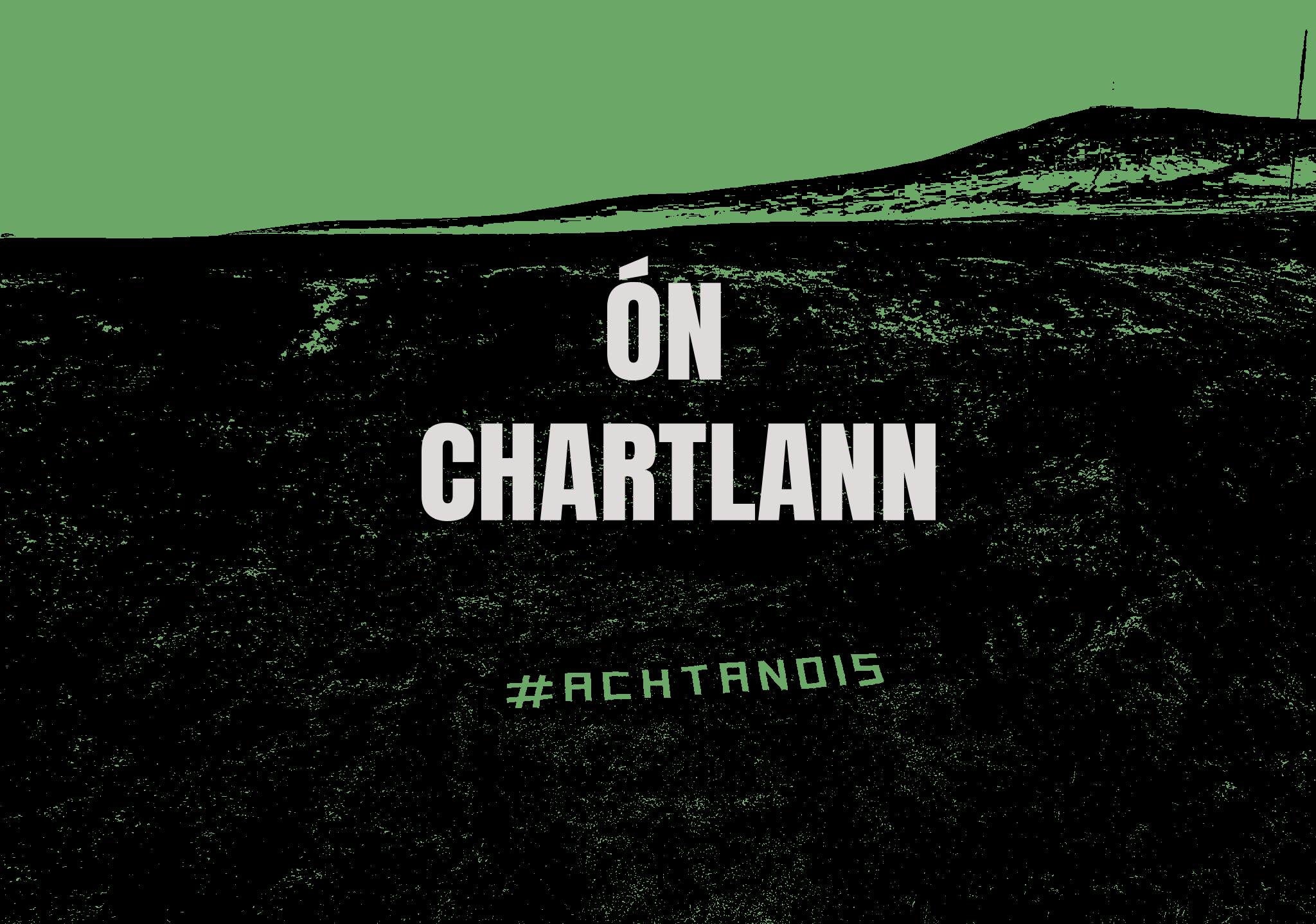An litir dhearg
Bí ar an eolas! Faigh ár nuachtlitir le bheith suas chun dáta leis na feachtais ar fad.

An Droichead, Cultúrlann Mac Adam Ó Fiaich, Glór na Móna, Ionad Uibh Eachach, Cumann Cultúrtha Mhic Reachtain, Cumann Gaelach QUB, Conradh na Gaeilge and Forbairt Feirste submitted consultation responses in favour of Belfast City Council’s proposed policy, which will make it easier to erect bilingual street signs.
The new policy, which councillors voted for last year, would allow the process for erection of bilingual signage in any given street to begin following an expression of interest by a resident or councillor, with a percentage of 15 per cent of residents required to carry the change.
“The Irish language belongs to us all, and increased visibility of minority languages leads to increased normalisation, and in turn, increased tolerance and acceptance of the language.
Council’s consultation on the new policy officially closed on Monday, 28 February.
Irish language groups say the proposed policy is based on “international best practice and is minority rights compliant”.
Cuisle Nic Liam, language rights coordinator from Conradh na Gaeilge, said: "If successful, the updated policy would remove many of the obstacles which currently stand in the way of applications for bilingual street signs in Belfast being successful.
"There would no longer be a responsibility on the resident applying for the bilingual street sign to gather a petition of 33 per cent of residents in the street to initiate the process. The threshold of support required for an application to be successful would be lowered from the current 66 per cent of residents to a much more minority compliant 15 per cent. And residents who do not respond to the Council’s street survey would no longer be considered to be in opposition to the erection of the bilingual street sign.”
Outgoing president of Conradh na Gaeilge, Dr Niall Comer, said: “The Irish language belongs to us all, and increased visibility of minority languages leads to increased normalisation, and in turn, increased tolerance and acceptance of the language.
"Incoming legislation should ensure the Irish language is protected and increased visibility of the language in our shared spaces must be enshrined in law. More than two decades on since the Good Friday Agreement committed to taking “resolute action” for the Irish language, our community stands tall and says ‘being invisible is no longer an option’.”
Bí ar an eolas! Faigh ár nuachtlitir le bheith suas chun dáta leis na feachtais ar fad.